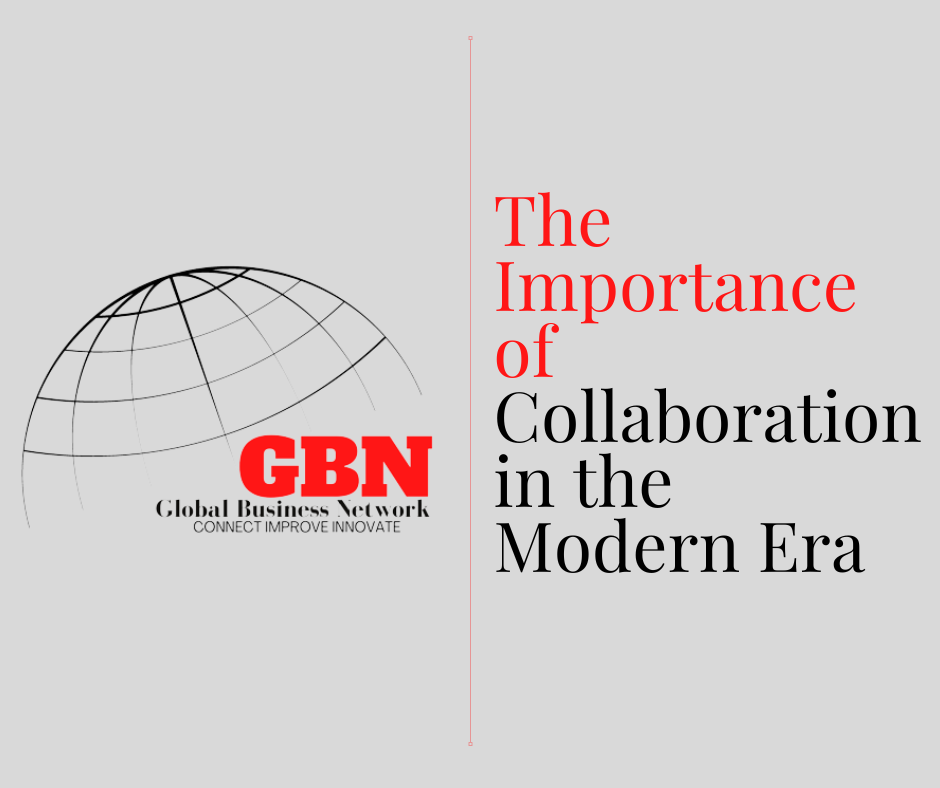
In today’s fast-paced, interconnected world, collaboration has become the cornerstone of success. It is no longer just a strategy for large corporations, but an essential tool for businesses of all sizes, including small and medium enterprises (SMEs). As Dr. Bilal Ahmad Bhat, Founder and CEO of 28 Credentials of Entrepreneur (28COE), firmly believes, the key to growth and success in this era lies in collaboration. Whether it’s between businesses, individuals, or even nations, collaboration is the catalyst that propels us forward in this dynamic age.
Dr. Bhat, a global icon and visionary entrepreneur, emphasizes that collaboration isn’t just about improving business outcomes. It’s a fundamental force that has the potential to shape nations, bridge gaps, and drive societal progress. The success of businesses, communities, and countries hinges on how well they can work together, exchange knowledge, and leverage collective strengths to achieve common goals.
Collaboration: A Pathway to Growth for SMEs
While large corporations have long recognized the value of collaboration, small and medium enterprises (SMEs) are now realizing its importance. Many SMEs are now prioritizing strategic partnerships and collaborations to overcome challenges and achieve sustainable growth. Dr. Bhat advocates for SMEs to embrace collaboration as a powerful tool to not only enhance business performance but also create a positive ripple effect in the economy.
Collaboration enables SMEs to expand their reach, access new markets, and gain expertise in areas where they may lack resources. By partnering with other businesses, whether through joint ventures, strategic alliances, or collaborations on projects, SMEs can scale quickly, improve efficiency, and increase their competitiveness.
Furthermore, collaboration opens doors to innovation. In the modern era, innovation is crucial for survival and growth, and businesses that fail to innovate risk being left behind. Through collaboration, SMEs can tap into new ideas, technologies, and best practices that they may not have access to on their own.
Collaboration Beyond Business: Building Nations
Dr. Bhat believes that collaboration extends far beyond the business realm. It is essential in the development of nations, especially in an age where global challenges demand collective action. The collaborative efforts between governments, industries, and communities are vital for tackling issues such as poverty, climate change, healthcare, and education.
Through collaboration, countries can share knowledge, resources, and technologies to address common challenges and build sustainable futures. For instance, countries across the world have come together to combat the COVID-19 pandemic, sharing medical research, vaccines, and best practices to protect global health.
Similarly, international collaboration can drive progress in areas like infrastructure development, environmental sustainability, and peacebuilding. By fostering strong partnerships, countries can pool their resources to tackle global problems and create a more prosperous and equitable world.
Collaboration in the Political Arena
Dr. Bhat, who contested the 2024 Assembly election in the 32-Pampore Constituency of Jammu and Kashmir as a Minister of Legislative Assembly (MLA) candidate, sees collaboration as a key factor in political progress as well. In the political sphere, collaboration helps to build consensus, bridge divides, and enact policies that benefit the people.
In a region as diverse and complex as Jammu and Kashmir, collaboration between political parties, local communities, and national governments is critical for fostering peace, stability, and development. Dr. Bhat’s political journey reflects his commitment to collaboration, as he believes that it is only through working together that sustainable progress can be achieved.
Political leaders must work hand-in-hand with business leaders, civil society organizations, and the public to address societal challenges and ensure that policies reflect the needs and aspirations of the people. Through collaboration, governments can create policies that promote economic growth, social justice, and cultural cohesion.
The Role of Technology in Enhancing Collaboration
In today’s digital age, technology has become a powerful enabler of collaboration. The rise of digital platforms, communication tools, and cloud-based technologies has made it easier than ever for individuals, businesses, and governments to collaborate, regardless of geographical boundaries.
Dr. Bhat underscores the transformative role that technology plays in driving collaboration across industries. It enables businesses to connect with partners, clients, and suppliers worldwide, fostering international trade and cooperation. Moreover, technological advancements have made it possible for SMEs to access global markets and collaborate with other enterprises on a scale that was once only possible for large corporations.
Conclusion
The success of businesses, communities, and nations in the modern era is increasingly dependent on collaboration. It is no longer an option but a necessity. Dr. Bilal Ahmad Bhat’s belief that “success is in the collaborations” resonates with entrepreneurs, leaders, and visionaries across the globe. By embracing collaboration, SMEs can achieve exponential growth, and nations can overcome challenges and build sustainable futures.
Dr. Bhat’s own experiences, from leading a global entrepreneurial movement to his political endeavors in Jammu and Kashmir, underscore the significance of working together for common goals. As the world becomes more interconnected, it is clear that collaboration is not just the future—it is the present. By collaborating across businesses, communities, and nations, we can create a more prosperous, peaceful, and innovative world.





